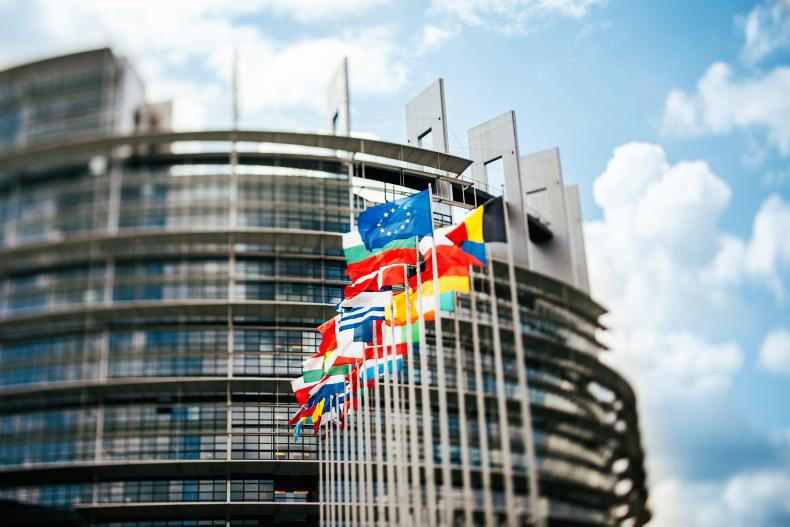Speaking at the Irish Farmers Journal Navigating Global Trade conference in Belfast on Thursday morning, Michael Haverty said that during the referendum campaign, the phrase “they need us as much as we need them” was often repeated, indicating that a satisfactory trade deal with Europe would be easy to achieve.
He outlined that the EU is the single largest trading block for the UK, where 61% of UK agricultural trade goes to the EU, while 73% of agricultural imports comes from the EU.
This weighs the cards in favour of European negotiators
He said that “the UK therefore does import more from the rest of the EU that it sells to it”. He added that taking these countries’ trade as a percentage of their respective GDPs, the UK is far more exposed to trade disruption than the rest of the EU. He said that “this weighs the cards in favour of European negotiators”.
"Agriculture could be sacrificed in order to get a deal with Mercosur for the automotive industry for e.g." says @MichaelHaverty @FJAgribiz pic.twitter.com/jfbgYQuRvn
— Eoin Lowry (@eoinlowry) January 26, 2017
He said that agreement could take up to a decade to negotiate and pointed out that the Canadian trade agreement took almost 10 years. He said this might be shortened as UK/EU standards are fairly aligned to begin with.
However, he believes there needs to be an appetite from both sides to reach an agreement and therefore there needs to be a large reservoir of goodwill.
In the case where the UK cannot negotiate a trade deal, he said it would then trade with Europe under the WTO rules. This would mean that the UK would pay tariffs into the EU. This is the default scenario and not what the UK would want.
Trade transaction costs would likely increase by approximately 8% to 10%, according to Haverty.
He sees the UK and EU as heavily inter-related. He hopes that some kind of transition deal will be put in place, but said that no template fits the UK situation and a bespoke deal will be reached eventually, but it will take a long time.
However, he warned that there will be a price to be paid for all of this: “There is going to be a pound of flesh that is going to be extracted.”
He cautioned that agriculture could be excluded from the deal and that whatever deal gets done, the industry must ensure that agriculture is part of it and that its voice is heard. Listen to an interviw with Declan Billington, chairman of the Northern Ireland Food and Drinks Association, on Brexit prospects for the industry in our podcast below:
Listen to "Declan Billington on Brexit" on Spreaker.
Full coverage: Brexit






 This is a subscriber-only article
This is a subscriber-only article










SHARING OPTIONS: